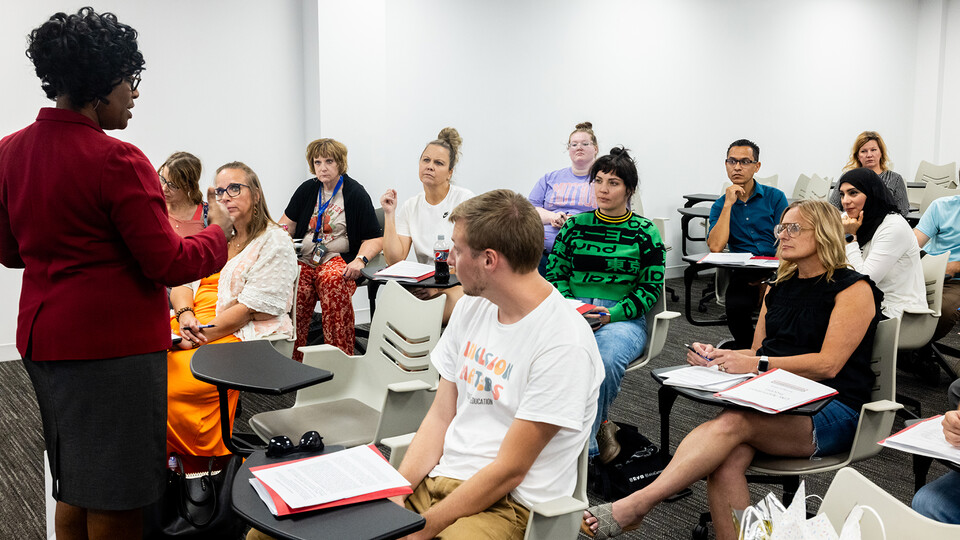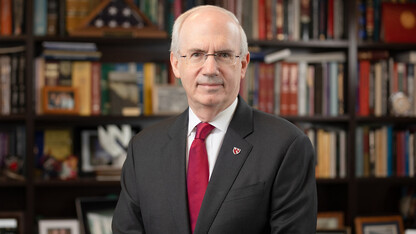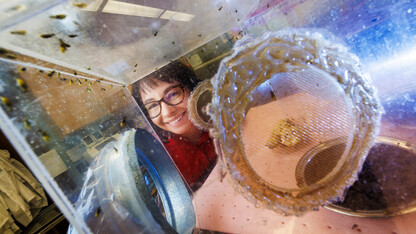· 3 min read
UNL, LPS partner to build special education teacher pipeline

A new partnership between the University of Nebraska–Lincoln’s College of Education and Human Sciences and Lincoln Public Schools aims to build a pipeline of special education teachers.
The Para Pathway to Teaching pilot program launched Aug. 10 with a celebration at the Barkley Memorial Center on the university’s East Campus. The program is designed to support current LPS paraeducators in obtaining their special education teaching endorsement.
Fourteen current LPS paraeducators are part of the program’s first cohort, with the university and LPS covering their tuition and fees. Participants also must already have a bachelor’s degree to join the program. The paraeducators will complete the program in seven semesters while continuing to work at LPS. Upon completion, paraeducators will sign a three-year agreement to teach at LPS.
“The College of Education and Human Sciences has prioritized partnerships to creatively address challenges facing our community,” said Sherri Jones, dean of the College of Education and Human Sciences. “We’re excited to further enhance our partnership with Lincoln Public Schools in order to close the gap on the special education teacher shortage.”
The pilot program was developed partially in response to the special education teacher shortage occurring locally and across the state. Nebraska joins states across the country in trying to fill special education teacher vacancies. According to the U.S. Department of Education, 98% of the nation’s school districts are experiencing challenges with special education teacher retention.
“The superintendent and Board of Education prioritized a grow-our-own initiative and retention of current staff through the Superintendent Transition Plan and All Means All Action Plan,” said Vann Price, associate superintendent for human resources at LPS. “This collaboration with the university is one more tool we have to reach those goals and help fast-track experienced, passionate and dedicated professionals to the next step of their educational career.”
Iman Alkanfas, an early childhood paraeducator at Adams Elementary School, is part of the program’s first cohort. She holds a bachelor’s degree in architectural engineering but became a paraeducator six years ago because she wanted a schedule more suitable for her family. She said her experience working with teachers and students in the classroom has fueled her desire to teach.
“As a paraeducator, I’ve seen how our special education teachers work with children with special needs, and I know this is what I want to do,” she said. “It’s amazing to get to know these students and see them grow.”







